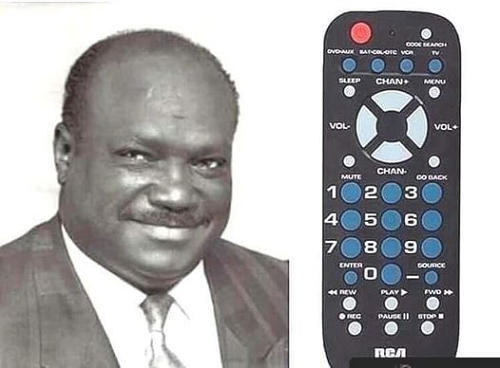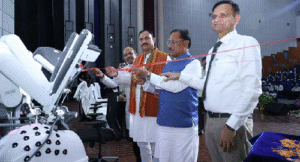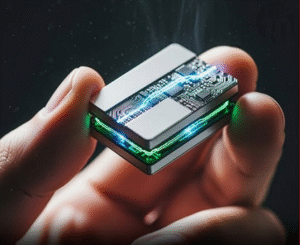The television remote control is an indispensable part of modern life, but the story of its creation is more complex than a single invention. While names like Eugene Polley and Robert Adler are often credited with the first wireless and ultrasonic remotes, the concept of a programmable controller that we use for today’s DVRs and streaming services can be traced back to the innovative mind of Dr. Joseph Jackson.
Born in Louisiana in 1937, Dr. Jackson was a lifelong tinkerer with an insatiable curiosity for how things worked. After serving in the U.S. Army, he pursued his passion for electronics, eventually earning a doctorate in Applied Science and Technology.
In 1976, frustrated with the limitations of existing television controls, he conceived the idea for a programmable television receiver. He was awarded a U.S. patent for his invention in 1978. His device, which he later marketed as the “TeleCommander,” was the first of its kind to allow users to pre-program which channels could be viewed and when, a precursor to today’s V-chip technology and parental controls. His invention laid the groundwork for the modern, multi-functional remote that seamlessly navigates between live TV, on-demand content, and recorded shows on devices like DVRs and TiVo.
Dr. Jackson’s work extended beyond the remote control. He was a co-founder of the Black Inventions Museum, a traveling exhibit that showcases the contributions of Black inventors to society. He was also a passionate advocate for using technology to improve people’s lives, from developing fertility prediction devices to testifying before Congress on the need for technology to help parents limit children’s access to violent television programs.
Dr. Joseph Jackson, who passed away in August 2025, is a testament to the fact that innovation is a continuous process built on the contributions of many. His work fundamentally reshaped how we interact with our televisions and left a lasting legacy of using technology for the betterment of society.







